The Rashtriya Swayamsevak Sangh (RSS), India’s largest socio-cultural organization, has suddenly called for a major meeting in Delhi, raising curiosity and speculation across political and social circles. The gathering, which will be presided over by RSS chief Mohan Bhagwat, is expected to deliberate on key national issues, the organization’s strategic priorities, and its future role in shaping India’s socio-political landscape.
The urgency of the meeting has set off discussions among political analysts, with many questioning whether it is linked to upcoming elections, recent policy shifts, or growing socio-political challenges. The RSS, known for its structured approach, rarely calls such sudden gatherings unless prompted by urgent matters.
Why Was the Meeting Called?
According to insiders, the decision to convene this meeting comes in light of multiple converging factors that demand immediate organizational and strategic recalibration. The RSS leadership believes that the country is passing through a critical juncture, where its guiding voice and role may be more necessary than ever.
Possible triggers for the meeting include:
- Upcoming State and National Elections – The RSS has historically played a crucial role in mobilizing grassroots workers.
- Policy and Social Challenges – Issues like rising unemployment, rural distress, and cultural debates may require organizational intervention.
- Geopolitical Concerns – Growing tensions in South Asia and global instability could influence India’s policies, where the RSS often provides ideological guidance.
- Internal Organizational Strategy – With a rapidly expanding presence, the RSS may be reworking its structural approach.
Mohan Bhagwat’s Leadership Role
The presence of RSS Sarsanghchalak Mohan Bhagwat adds weight to the meeting. Bhagwat has repeatedly emphasized harmony, national unity, and self-reliance in his recent speeches. His leadership will likely focus on:
- Reinforcing RSS’s grassroots outreach programs.
- Strengthening social harmony initiatives amid polarization concerns.
- Shaping the ideological roadmap for affiliates and allied organizations.
- Discussing the RSS’s role in nation-building beyond electoral politics.
Political Context Behind the Meeting
The timing of the meeting is critical. India is witnessing a heated political climate, with debates on governance, economic performance, and social issues intensifying. While the RSS maintains that it is a cultural, not political, organization, its influence on political discourse—particularly with its affiliate Bharatiya Janata Party (BJP)—cannot be overlooked.
Some analysts believe the meeting may serve as a course correction exercise—a chance for the RSS to realign its objectives with broader national interests while also signaling its independent identity.
Key Agenda Items Expected
Though the official agenda has not been revealed, reports suggest the following issues could dominate discussions:
- Strengthening Organizational Discipline: Reinforcing cadre-based training and ideological grounding.
- National Security and Social Harmony: Reviewing the impact of recent incidents and planning preventive strategies.
- Economic & Social Issues: Addressing unemployment, farmer distress, and youth engagement.
- Cultural and Educational Initiatives: Expanding influence in schools, universities, and research bodies.
- Electoral Preparedness: Mobilizing karyakartas (workers) ahead of key state and national elections.
RSS Meeting Structure and Participation
The meeting is expected to be attended by top pracharaks (full-time workers), senior office bearers, and representatives from key affiliates such as:
- Bharatiya Mazdoor Sangh (BMS) – labor wing
- Bharatiya Kisan Sangh (BKS) – farmers’ wing
- Vishwa Hindu Parishad (VHP) – cultural/religious affiliate
- Akhil Bharatiya Vidyarthi Parishad (ABVP) – student wing
| Segment | Focus Area | Role in Discussion |
|---|---|---|
| Leadership (Bhagwat & Sarkaryavah) | National vision | Ideological direction |
| Pracharaks | Ground realities | Reporting & strategy |
| Affiliate Leaders | Sectoral challenges | Recommendations for action |
| Younger Cadres | Youth connect | Execution planning |
Historical Context of Sudden RSS Meetings
The RSS has occasionally convened emergency or unplanned meetings during critical junctures in Indian history.
| Year | Event | RSS Intervention | Outcome |
|---|---|---|---|
| 1975 | Emergency declared | Underground mobilization | Strengthened democratic resistance |
| 1992 | Babri Masjid demolition aftermath | Strategy to maintain order | Wider outreach |
| 2014 | Pre-general elections | Strengthening booth-level workers | BJP’s historic victory |
| 2025 | Operation Sindoor aftermath, social-economic debates | Nationwide strategy session | Still evolving |
The present meeting could similarly be linked to an important national turning point.
Possible Outcomes of the Meeting
- Increased Grassroots Mobilization – A renewed push for volunteerism and social service.
- Policy Influence – Stronger messaging on issues like self-reliance, indigenous economy, and education.
- Greater Youth Outreach – Enhanced focus on students, skill development, and digital presence.
- Narrative Building – Efforts to counter criticism and present the RSS as a unifying cultural force.
Impact on Politics and Society
The outcomes of this meeting will reverberate across multiple domains:
- Political Parties: The BJP may align its electoral strategies with RSS guidance, while opposition parties may recalibrate their responses.
- Civil Society: NGOs and cultural groups may see an uptick in RSS-backed programs.
- Social Discourse: Issues like nationalism, culture, and harmony may dominate debates.
- Global Perception: Foreign observers may see the meeting as a signal of how India’s ideological backbone is evolving.
Challenges Ahead for the RSS
Despite its strong influence, the RSS faces pressing challenges:
- Managing internal diversity within its affiliates.
- Balancing ideological rigidity with inclusivity in a changing society.
- Addressing criticism of polarization while promoting social unity.
- Responding to economic and technological shifts affecting youth and workers.
The meeting in Delhi is expected to address these head-on, offering a strategic roadmap.
Conclusion
The sudden convening of a major RSS meeting in Delhi, presided over by Mohan Bhagwat, underscores the organization’s recognition of shifting national realities. Whether it is preparation for upcoming elections, socio-economic recalibration, or internal strengthening, the RSS appears intent on reinforcing its role as a guiding force in India’s cultural and political narrative.
This meeting could mark the beginning of a new phase in the RSS’s evolution—one where ideological clarity, grassroots strength, and national outreach converge to shape India’s future trajectory.
Disclaimer: The details presented in this article are based on available reports, expert analyses, and historical patterns of RSS functioning. The official agenda of the meeting has not been disclosed, and interpretations remain speculative until formal announcements are made.






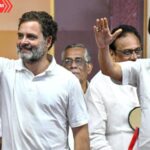
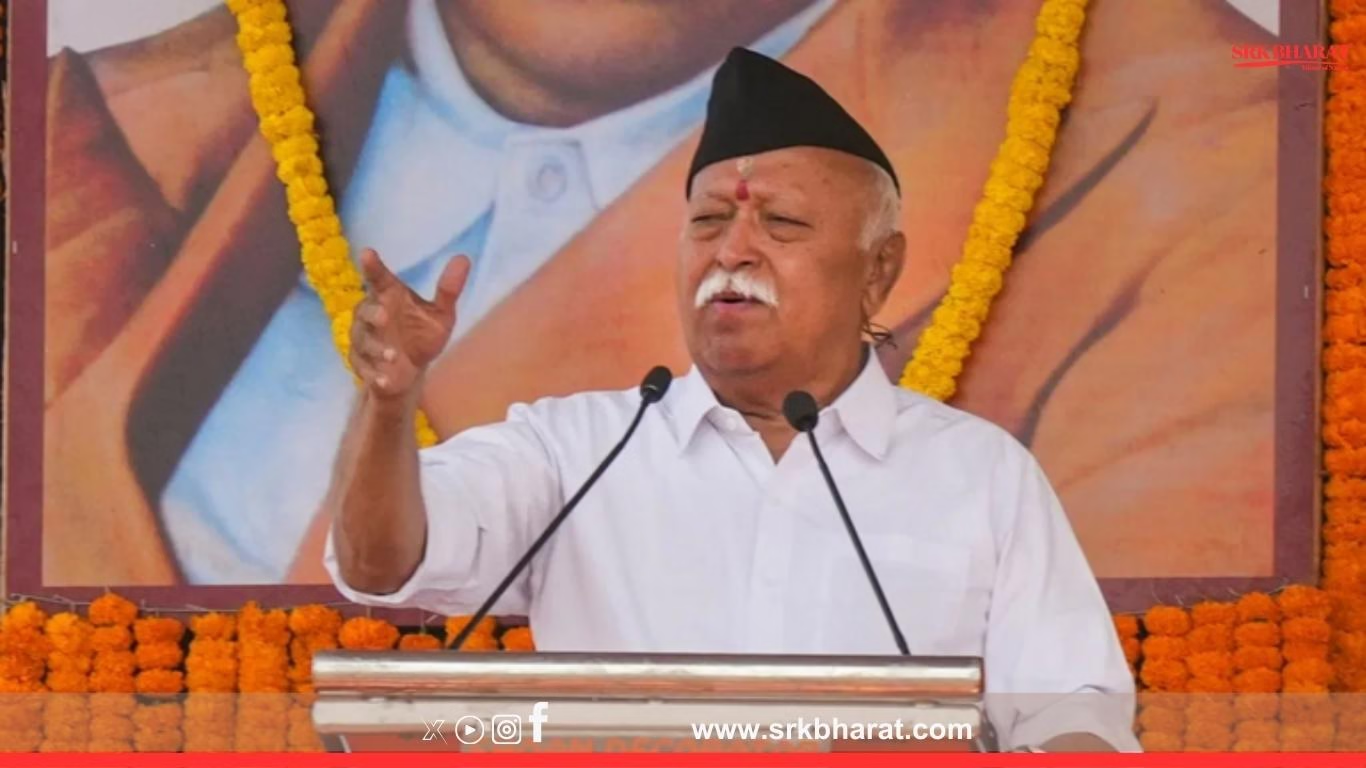
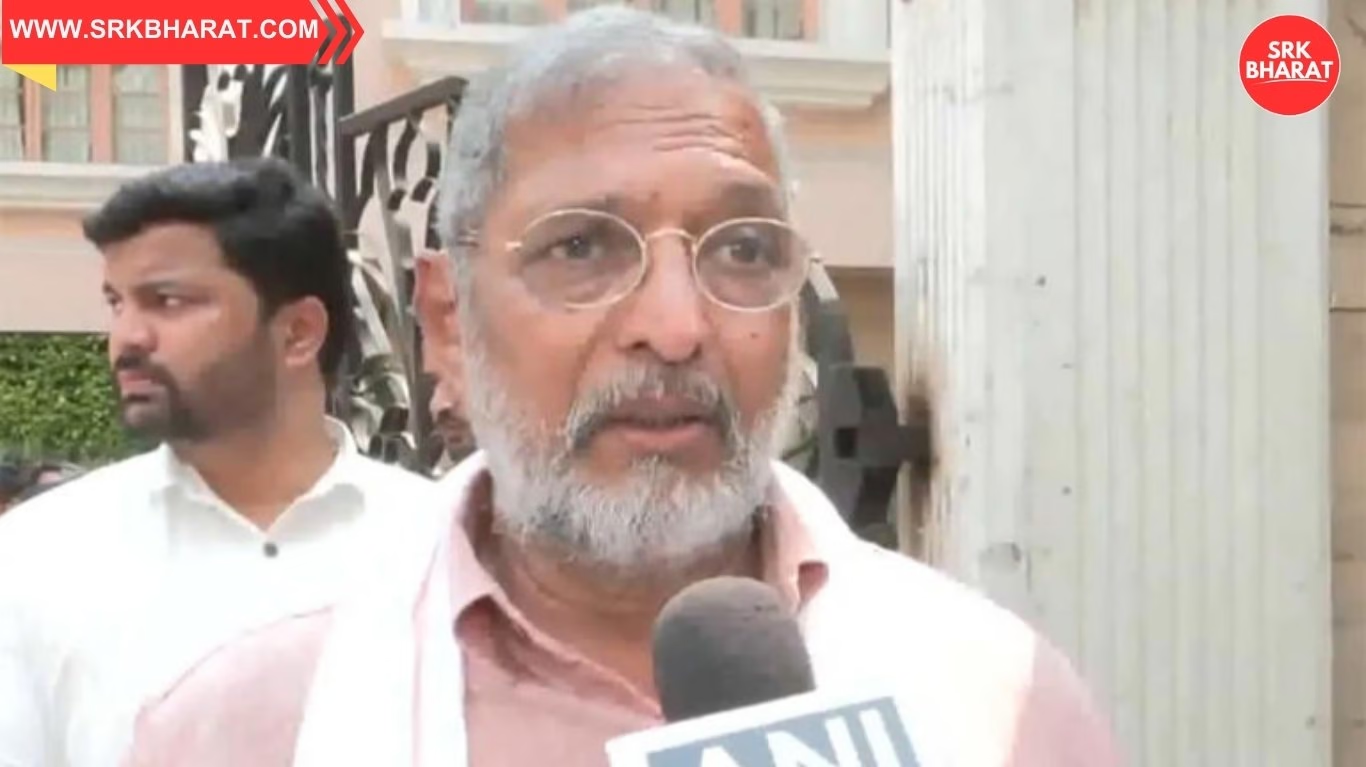
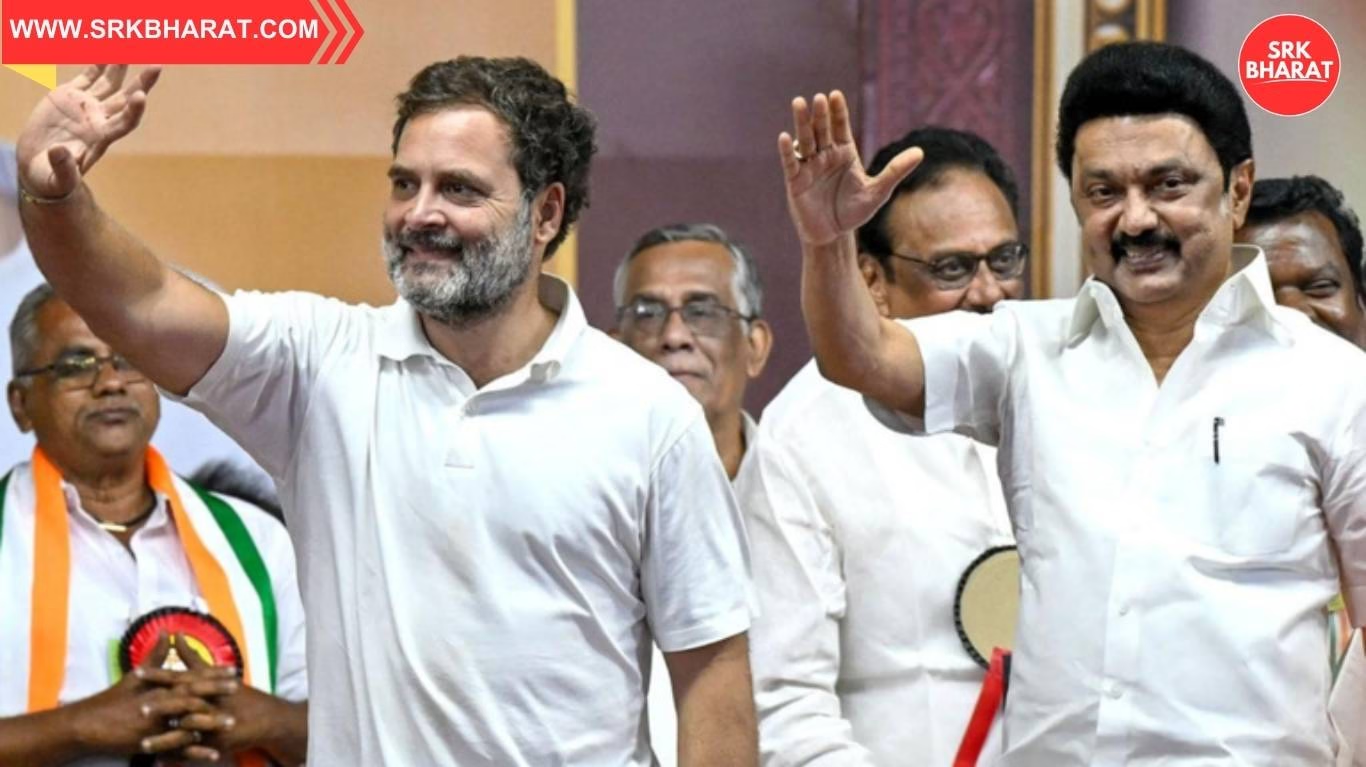
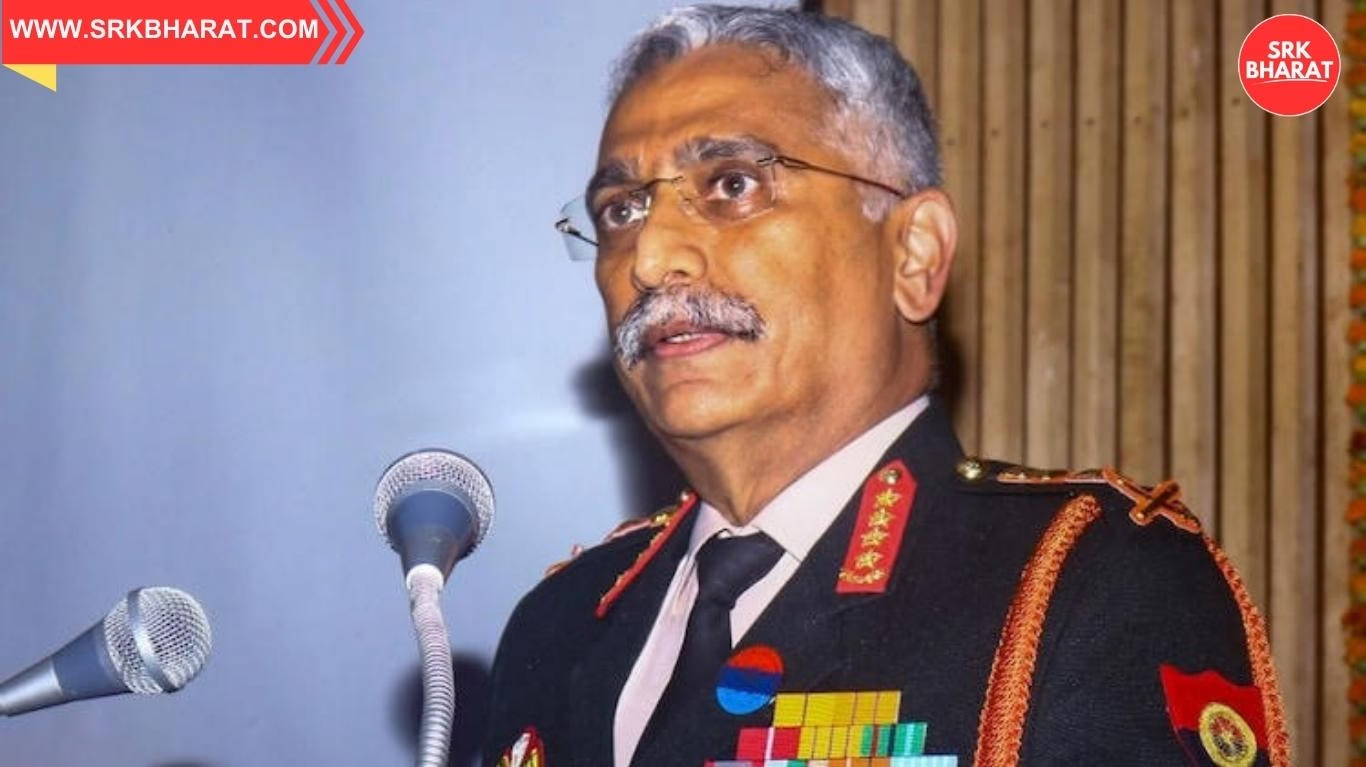
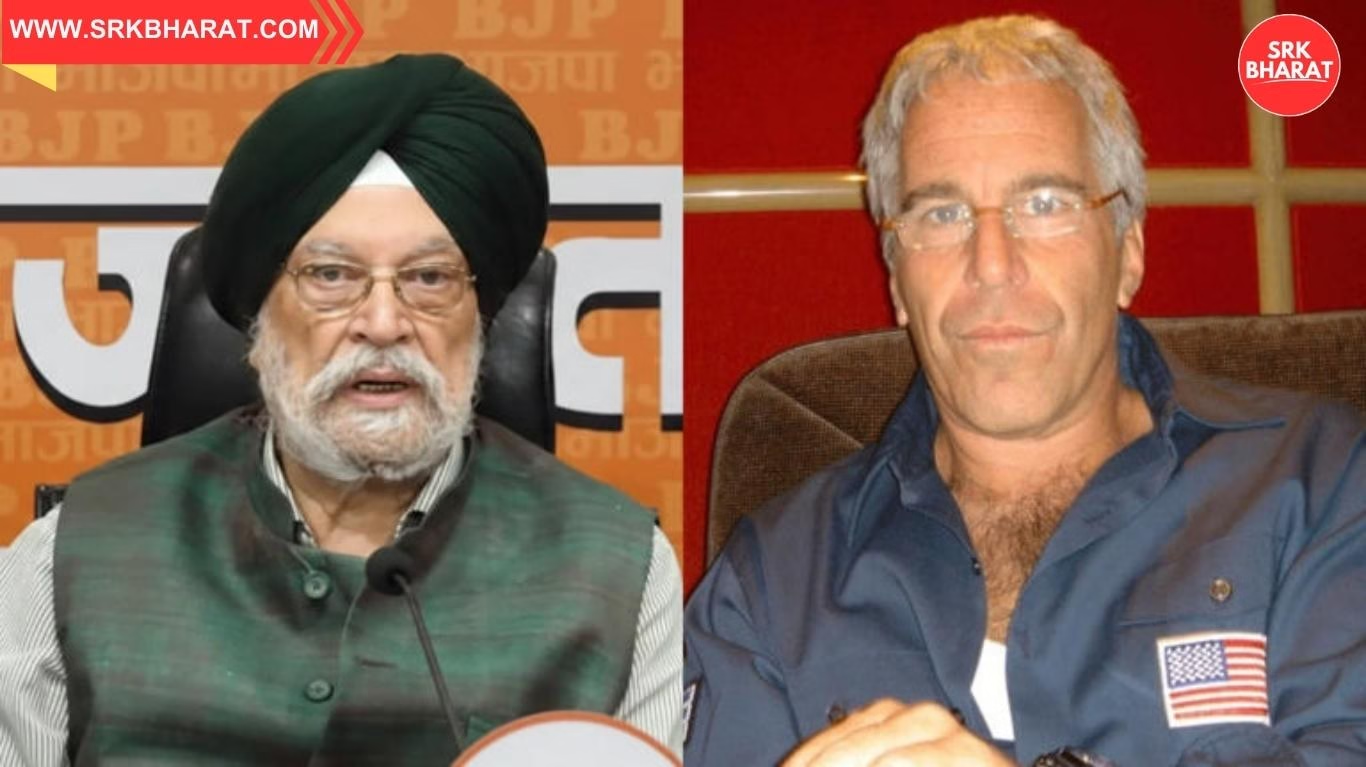
медицинское оборудование для больниц http://medicinskoe–oborudovanie.ru .